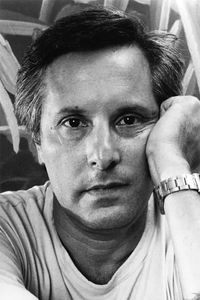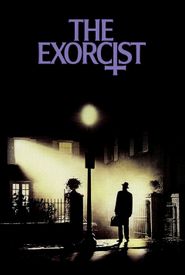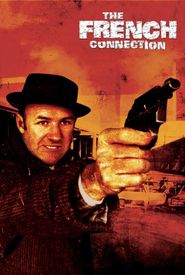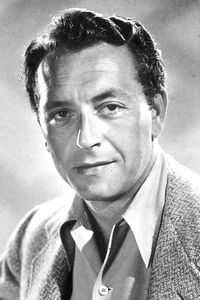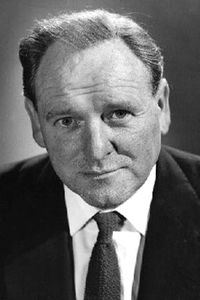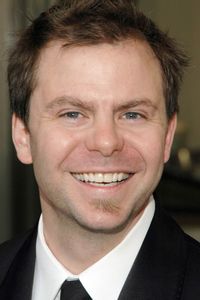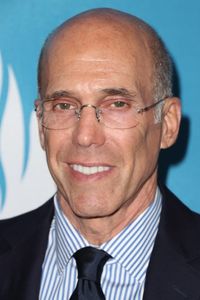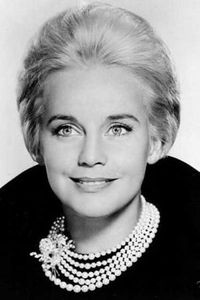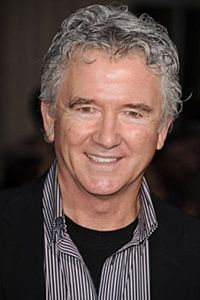William David Friedkin, a multifaceted American creative force, left an indelible mark on the film, television, and opera industries throughout his illustrious career. Born on August 29, 1935, Friedkin's journey in the world of entertainment began in the early 1960s with documentary filmmaking.
As the decade progressed, he gained recognition for his work in the crime thriller genre, particularly with the Academy Award-winning film The French Connection in 1971. This triumph was followed by another notable achievement with the horror classic The Exorcist in 1973, earning him a nomination for Best Director.
Throughout the 1970s and 1980s, Friedkin continued to produce a diverse range of films, including the groundbreaking drama The Boys in the Band, the thriller Sorcerer, the crime comedy-drama The Brink's Job, the controversial thriller Cruising, and the neo-noir thriller To Live and Die in L.A.
Although Friedkin's commercial and critical success began to wane in the late 1980s, his later works, all adapted from plays, received positive reviews from critics. These films include the psychological horror film Bug, the crime film Killer Joe, and the legal drama film The Caine Mutiny Court-Martial, released just two months after his passing.
In addition to his work in film, Friedkin also had a successful career as an opera director, beginning in 1998. He also directed various television films and series episodes throughout his career.
William Friedkin's legacy is a testament to his dedication and versatility as a filmmaker, television director, and opera director. His contributions to the entertainment industry continue to be celebrated and remembered.
